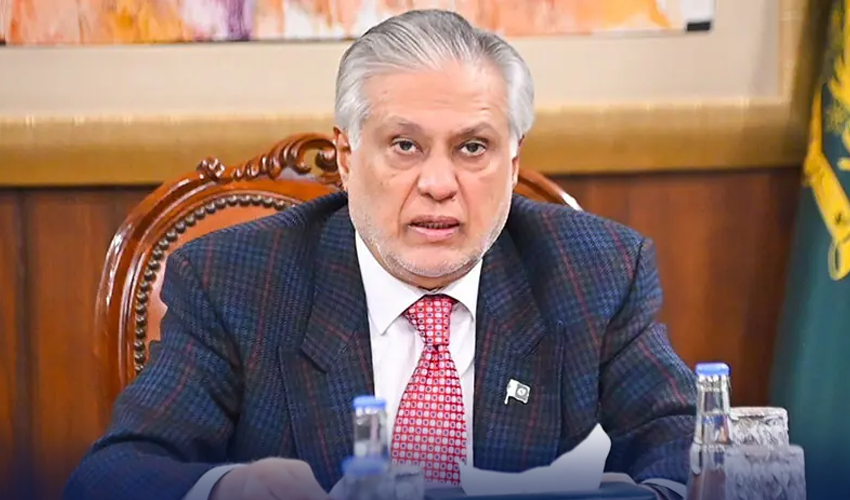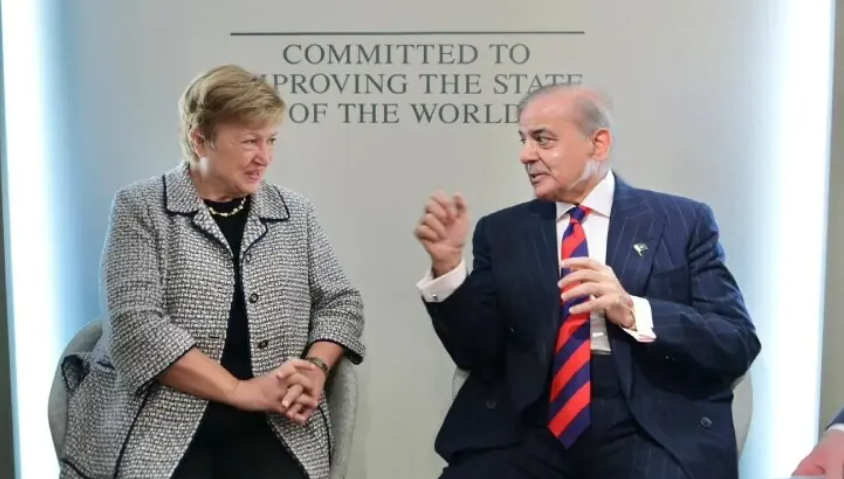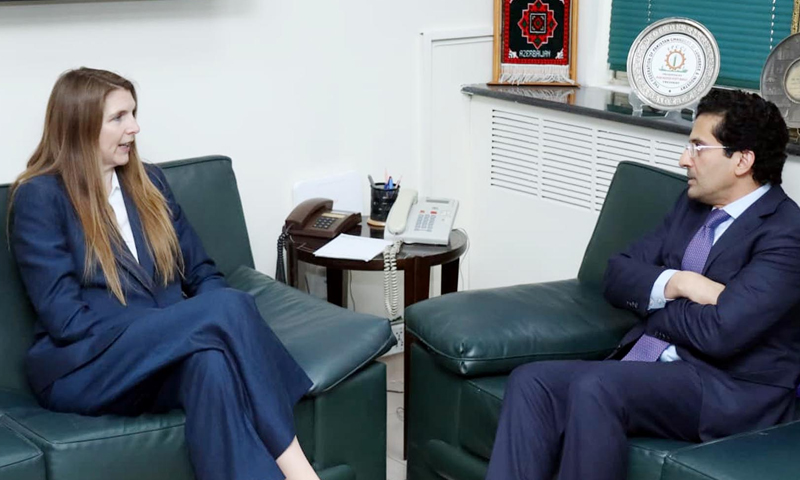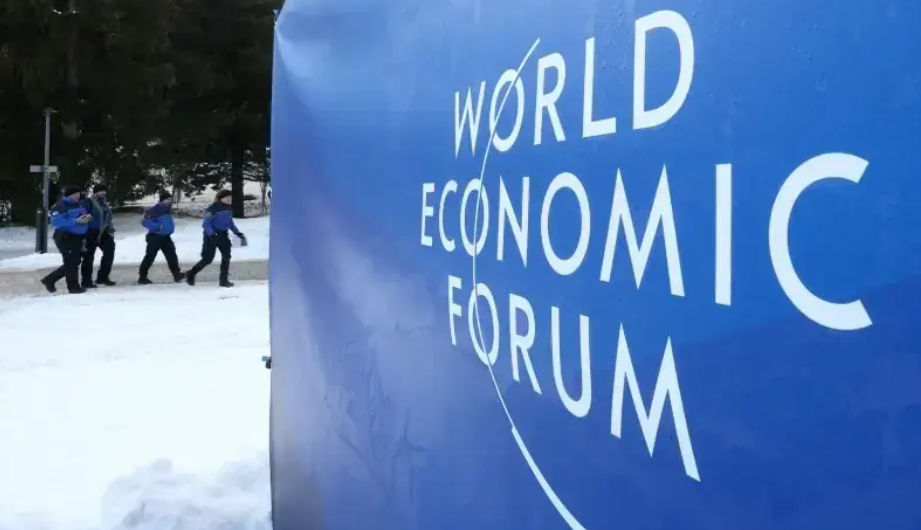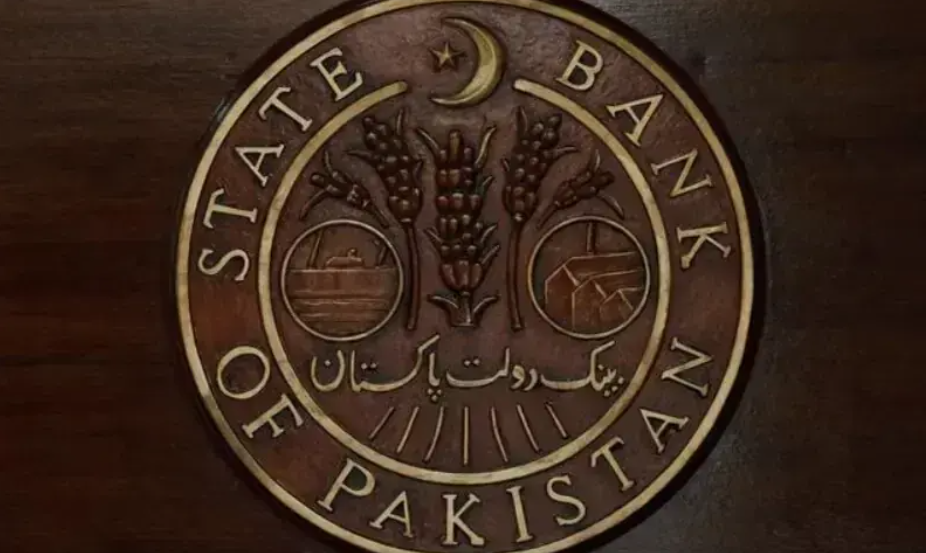TRADE & ECONOMY
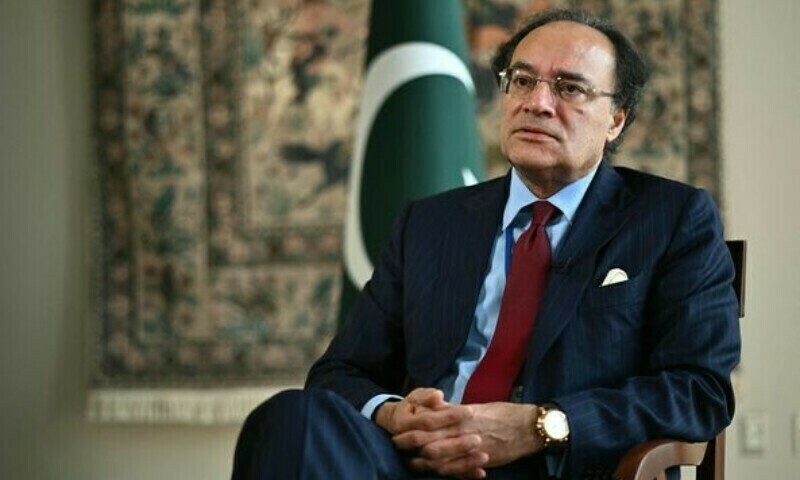
Pakistan’s Finance Minister Muhammad Aurangzeb concluded the fourth day of his visit to Washington, participating in the 2025 Spring Meetings of the International Monetary Fund (IMF) and the World Bank. During his visit, he engaged with international financial institutions, rating agencies, global corporations, and policy forums to showcase Pakistan’s improving macroeconomic outlook and attract greater investment.
Aurangzeb met with top executives from global firms including Visa and Phillip Morris International. He praised Visa’s expanded footprint in Pakistan and its role in advancing the country’s digital economy through partnerships with PayPak and 1-Link, promoting financial inclusion, secure transactions, and remittance facilitation.
In discussions with Phillip Morris, he acknowledged the company’s longstanding presence in Pakistan and stressed the urgent need for tighter enforcement to combat illicit cigarette trade.
The finance minister addressed institutional investors at a JP Morgan-hosted seminar titled “Pakistan’s Economic and Monetary Policy Outlook.” He cited key macroeconomic achievements, including declining inflation, stable foreign exchange reserves, twin surpluses, and improved debt management, which contributed to Fitch Ratings’ recent upgrade of Pakistan’s sovereign credit rating.
Aurangzeb also used the platform to unequivocally condemn terrorism following a deadly attack in India-occupied Kashmir, expressing solidarity with the victims and their families.
Strategic Engagements with Global Financial Institutions
The finance minister held vital discussions with Masato Kanda, newly appointed President of the Asian Development Bank (ADB), praising ADB’s role in Pakistan’s development journey, particularly through the Country Partnership Strategy 2026–2030. Talks focused on fast-tracking project execution, budgetary support, and the issuance of Panda bonds backed by partial credit guarantees.
Aurangzeb confirmed Pakistan’s participation in the upcoming CAREC meeting scheduled for November 2025.
In separate sessions with rating agencies Fitch and Moody’s, he provided updates on reforms in energy, taxation, public finance, and state-owned enterprise restructuring. With Moody’s, he emphasized economic stability, record remittances, and the government’s push to broaden the tax base.
The finance minister reaffirmed Pakistan’s commitment to maintaining open trade ties and constructive engagement with the United States administration.
Driving Digital Transformation & Climate Finance
During a meeting with Sangbu Kim, World Bank Vice President for Digital Transformation, Aurangzeb highlighted the government's progress under the Digital Pakistan policy. He discussed the full digitisation of the Federal Board of Revenue (FBR) and called for World Bank support to enhance government-wide horizontal integration.
At the Vulnerable 20 (V20) Ministerial Dialogue titled “Enabling Climate Prosperity,” Aurangzeb laid out Pakistan’s Climate Financial Strategy and its Climate Prosperity Plan. He stressed the urgent need to reform the global financial system to support climate-vulnerable nations and develop bankable green projects.
The finance minister also engaged with the Pakistan Bank-Fund Staff Association, providing an overview of economic recovery, the recent IMF Staff-Level Agreement under the Extended Fund Facility and Resilience and Sustainability Facility (RSF), and the World Bank’s ten-year framework focusing on population and climate challenges.
IMF & Standard Chartered Meetings
In a meeting with IMF Director for the Middle East and Central Asia Jihad Azour, Aurangzeb reaffirmed Pakistan’s commitment to continuing economic reforms under the Extended Fund Facility and RSF.
He wrapped up the day with a meeting with Standard Chartered Bank’s delegation led by Roberto Hoornweg, appreciating the bank’s support in bridging Pakistan’s financing gaps during challenging times.
The finance minister’s visit reflects Pakistan’s proactive approach to reengaging with global financial institutions and reinforcing investor confidence in its macroeconomic direction, structural reforms, and digital transformation.
